Mohamed’s sister and her family, seven people in total, are currently living inside a barbershop in the besieged Gaza Strip, where Israel’s massive attack continues to destroy lives and infrastructure.
There is no bathroom at the barbershop, and among the people living there are children. Mohamed, a truck driver from Calgary, is desperate to hear information from the Canadian government about when, or if, his relatives will be able to come to Canada.
He told The Maple that he applied to sponsor his sister and her family to come to Canada under a temporary resident visa program for extended family members in Gaza.
The Ministry of Immigration, Refugees and Citizenship Canada (IRCC) announced the program on January 9, and Mohamed said he filed his application on January 15. He has so far heard nothing.
As of March 4, a total of just 12 individuals from Gaza have been approved to come to Canada. They left Gaza “on their own,” according to the ministry, and were able to complete their applications and submit biometrics. The 12 individuals have to arrange their own passage to Canada, and none have yet arrived.
When the temporary resident visa program was launched, it was accused by some immigration lawyers of imposing “onerous and unfair” requirements on applicants.
Since the program was announced, Israel’s attack killed at least 11,000 Palestinians in Gaza, bringing the total death toll since Israel started its campaign last October to over 31,000.
Israel is accused of committing a genocide in Gaza, with the International Court of Justice (ICJ) finding in January that South Africa’s case accusing Israel of violating the 1948 Genocide Convention was “plausible.”
While that case awaits a final verdict, Palestinians in Gaza are forced to endure a growing humanitarian catastrophe.
“It’s not easy at all. No life at all. Not safe at all. I don’t know what we can do for them,” Mohamed said.
Mohamed is among many Palestinian-Canadians who are trying to get their family to safety.
When the federal government announced the temporary resident visa program in January, it said that up to 1,000 people from Gaza would be able to come to Canada. Although families said the number was far too low, it gave them some hope.
But that hope is rapidly fading as time passes and people hear nothing about their applications.
Rami Aldeba called every day to hear about the status of his application and gave up two weeks ago, after it was clear that he wasn’t going to get answers that way.
Aldeba is an engineer who lives in Oakville, Ontario, and together with his brother, he is trying to sponsor 21 of his relatives to come to Canada. His brother is a dentist who lives in Cambridge.
His family lived in Gaza City but Israel’s massive bombing campaign forced them, along with hundreds of thousands of others, to flee south. Like Mohamed, Aldeba is frustrated by how little information he’s received about his application.
“It’s been a black hole,” he told The Maple.
It isn’t just a lack of information either. Critics said the government seemed wholly unprepared to administer the program when it was first announced.
The biggest roadblock is that Canada does not have the final say on who is and isn’t allowed to leave Gaza. Names must be submitted to Israel and Egypt, two neighbouring jurisdictions that have closed their borders with Gaza, and they ultimately decide who can leave.
To be eligible for the temporary visa program, an individual looking to leave Gaza must have a relative who is a Canadian citizen or permanent resident submit an application to sponsor them. The individual then receives a code which allows them to complete the application process.
However, the application cannot be completed from Gaza. There is no infrastructure in the besieged enclave to conduct biometric screening, and so applicants must provide such information elsewhere, most often in Egypt, before they can be admitted to Canada.
Markham-based Shaymaa Ziara said that even when applicants are no longer in Gaza, the process of getting them to Canada is glacially slow. She is trying to bring four family members to Canada – she had hoped to bring five, but Israeli forces killed her brother, Omar, in November – and they are all currently stuck in Cairo.
Omar’s wife, Safaa Mousa, happened to have recently received a new passport and so was able to apply right away. Another one of Shaymaa’s brothers is still waiting for his criminal and security checks to be processed.
A third brother and Shaymaa’s father needed to have their passports renewed, but have passed the criminal and security checks. They will submit biometrics once their new passports are in hand. All are waiting to hear when they can come to Canada.
On March 2, Mousa gave birth to Ziara’s first nephew. Mousa named her son Omar, after his father.
Ministry’s Excuses Rebuffed
A spokesperson for IRCC, Matthew Krupovich, said in an email to The Maple that part of the complexity of the program lies in jurisdictional issues related to the current war zone.
“The Government of Canada has put forward names of people who passed preliminary eligibility and admissibility reviews to the governments of Egypt and Israel for approval, but does not ultimately decide who can exit Gaza,” Krupovich said.
With many applicants having already left Gaza, family members like Ziara are baffled by what is causing the delays for applicants who are no longer in the besieged enclave.
“Now they’re using excuses like, ‘this is not in our control,’ to run away from their responsibility and not deliver on their promises,” she said.
Krupovich said that, as of March 4, the ministry had accepted 986 applications to be processed. Each of the applicants has been given a code to finish their application through an online portal.
But that number doesn’t reflect the total number of those who are looking to apply. NDP immigration critic Jenny Kwan said via email: “There are well over 2,000 individual family members that are waiting to apply for [Temporary Resident Visas] or have already applied for TRVs.”
When asked about the last time Canada met with either Egyptian or Israeli officials to negotiate the release of Canadian-sponsored Palestinians in Gaza, the ministry said that it does not comment on bilateral meetings.
At a recent meeting with Israel Katz, Israel’s minister of foreign affairs, Canadian Foreign Affairs Minister Mélanie Joly “reiterated the need for Canadian citizens and permanent residents to be able to leave Gaza with their families and underscored that the protection of civilians is paramount,” according to a Global Affairs Canada media release.
Inquiries by The Maple to the Israeli embassy in Canada were ignored. The Egyptian embassy’s email address and phone number did not work.
Some of the applicant families also expressed concerns that the codes that are dispatched as part of the process are being sent out incorrectly.
Aldeba said: “Some people have codes for the wrong people – no guarantees that the code isn’t sent to someone else or that it is sitting in someone’s email. [We] can’t track if the application has been processed.”
Aldeba knows of at least one person who did get a code, but was killed in Gaza soon after.
Kwan’s office has heard similar problems about the application codes. A spokesperson told The Maple that they’ve heard from sponsored applicants who have not yet received a code, and in some cases applicants have received codes but other members of the same family have not.
“People desperately need this program to deliver but instead of demonstrating leadership, the Liberal government has erected roadblocks at every turn,” the representative from Kwan’s office said in an email.
The situation is even more desperate for people who are trying to get loved ones out of Gaza but who are not direct relatives.
Alfiya (The Maple agreed not to use her real name because she is worried that her Palestinian activism will put her employment at risk) is working with a group that is pledging to sponsor the family of her former Arabic teacher, Fatimah, whose real name is being withheld because they are worried that talking publicly about her case might jeopardize her chances of coming to Canada.
Alfiya lived in Jerusalem for two years and the experience brought her close to many Palestinians.
Fatimah’s family had been living in the Al-Maghazi refugee camp in Gaza which Israel has repeatedly bombed since October. The family fled to Rafah where the house they were staying in was also destroyed.
The group plans to cover the costs for Fatimah’s family to escape to Egypt, something that many Canadians have resorted to as Canada has been unable to get many people out of Gaza.
Through private companies, family members said that individuals can pay $5,000 U.S. or more to arrange evacuations out of Gaza. Fatimah’s family has paid $5,000 U.S. per family member, but they are waiting for their names to appear on the list to be able to flee to Cairo.
Staying in Cairo means safety from Israeli bombs but is not a long-term solution, as Palestinians cannot become members of the UN’s refugee program, the UNHCR, in Egypt.
The very low number of civilians from Gaza that Canada is willing to accept as temporary residents is something that Ziara points to as being discriminatory.
“It’s clear that the government […] is just using the difficulty of the situation on the ground as an excuse to run away from its responsibilities and it’s been making Palestinian Canadians feel absolutely discriminated against,” she said. “We feel like we don’t have the value in this country that we should.”
Aldeba said that the way that the government designed the program has also harmed solidarity within the Palestinian community at a time when they need to help one another and stay united.
“When you have a 1,000 person limit [...[ it’s like the Hunger Games: You keep information to yourself. You don’t want to help other people because you’re fighting for that final spot. It broke me down, it broke my family down, it damaged a lot of relationships. It makes me feel like a second-class citizen, like I don’t matter,” he said.

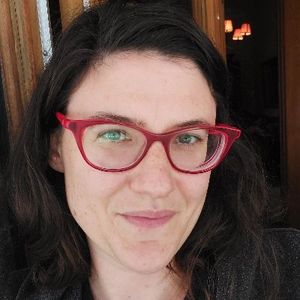
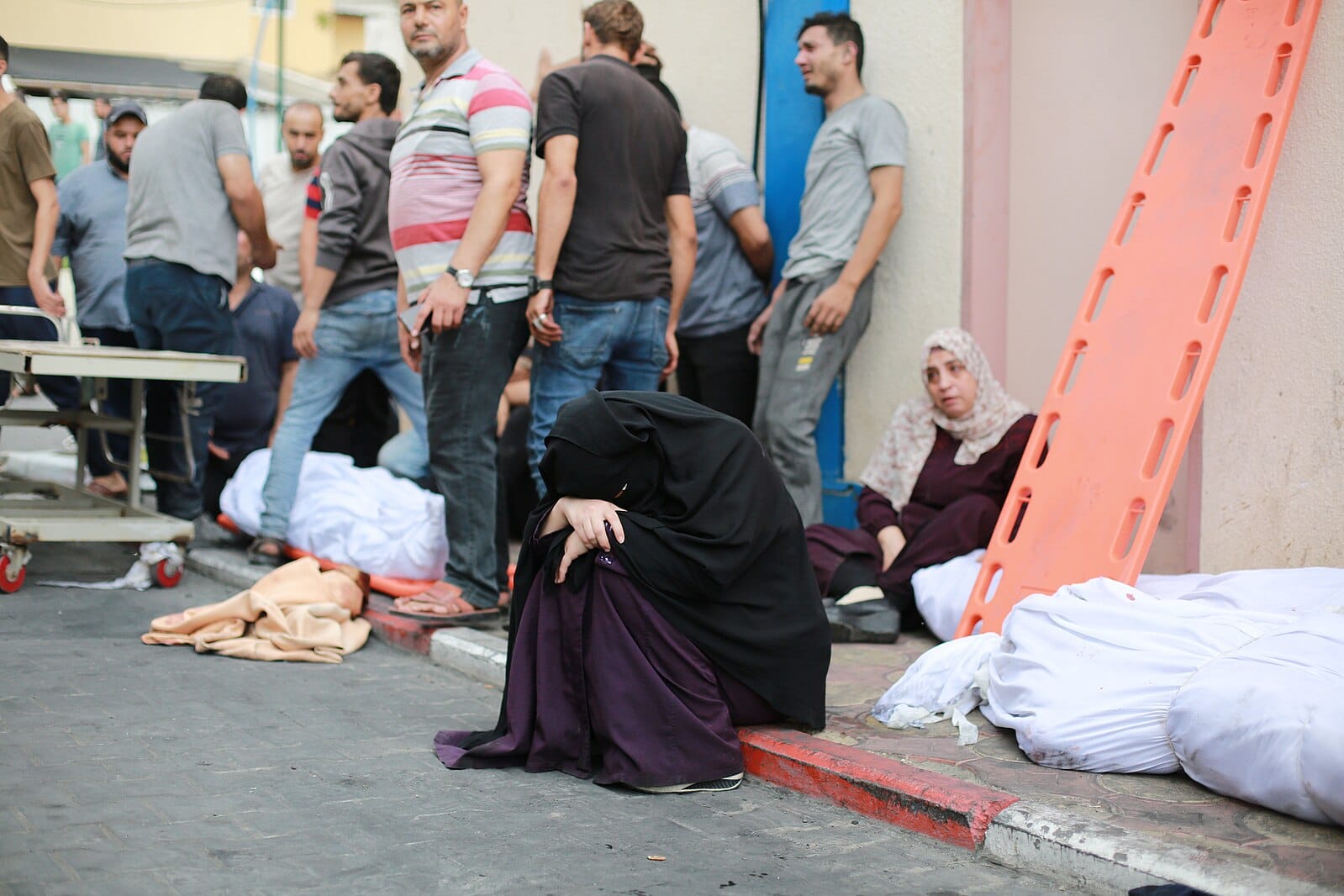
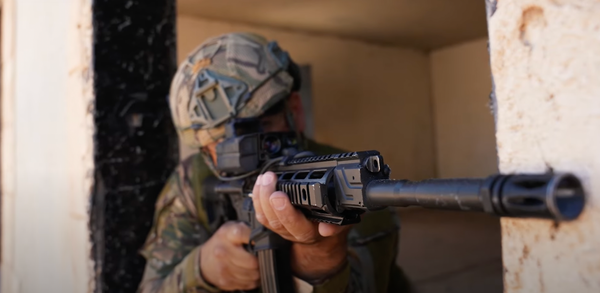
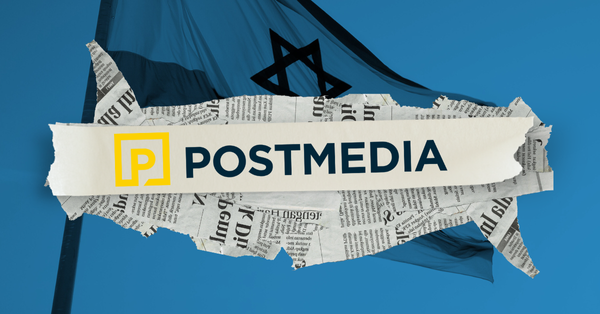
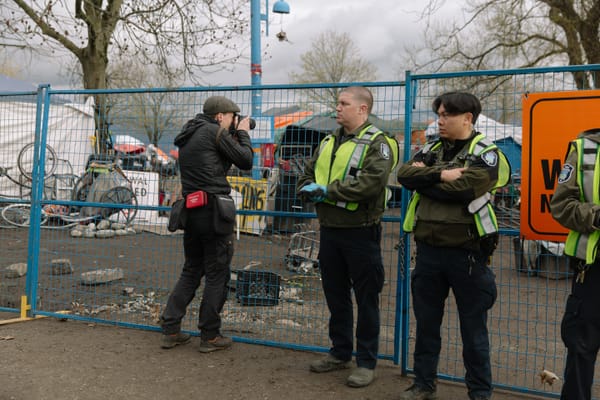
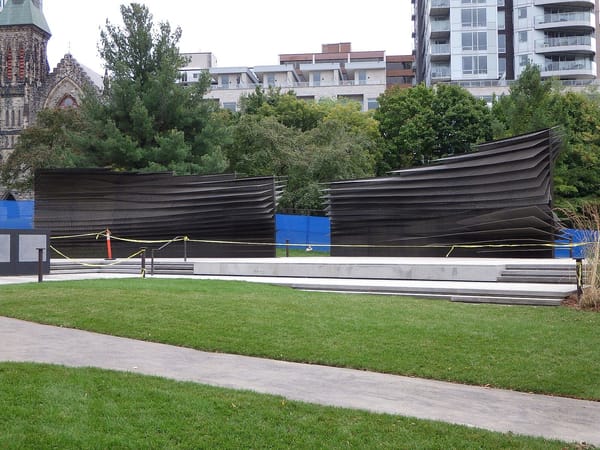
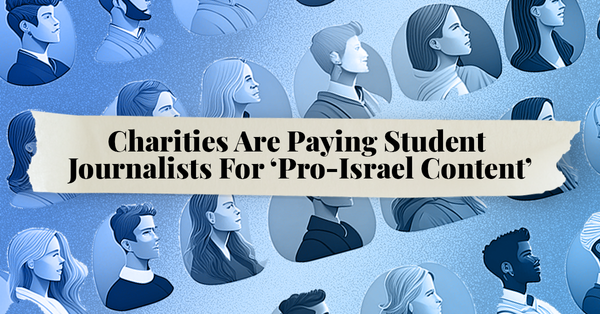
Member discussion